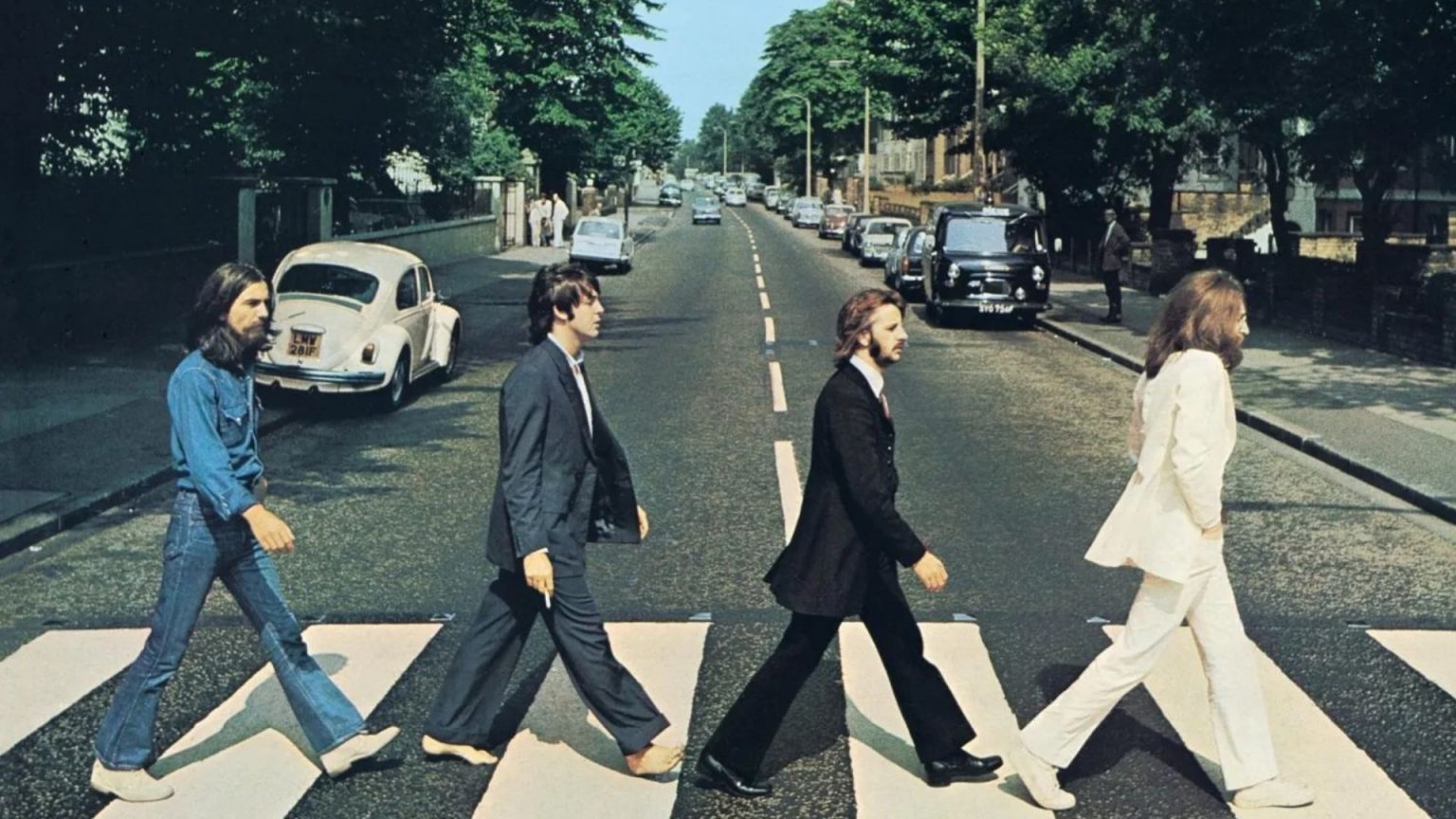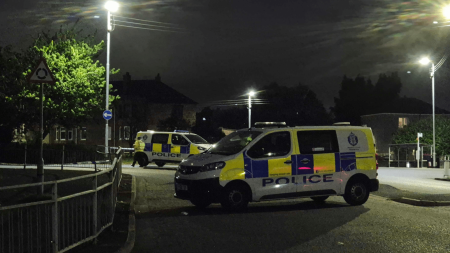The leafy streets of St John’s Wood, North West London, an area renowned for its tranquility and the iconic Abbey Road Studios, have become an unexpected battleground between residents and drug-addicted gangs. Locals have endured months of escalating terror, with car windows smashed and brazen drug use occurring openly on residential doorsteps. One resident of a £3 million home recounted witnessing addicts injecting and smoking crack cocaine directly outside their property. The situation intensified further when another resident was threatened with violence – being “shot and chopped up” – after confronting a drug dealer during a daylight transaction. This escalating crime wave has left residents feeling vulnerable and seeking help from law enforcement.
The Metropolitan Police’s response to these serious complaints, however, has been met with disbelief and ridicule. Instead of deploying increased patrols or investigative efforts, one officer suggested a bizarre solution: playing classical music. In an email exchange with a concerned resident, a Met PC advised playing the works of composers like Mozart or Bach, claiming that such music has “proven to deter and prevent crimes.” The officer even cautioned against playing the music too loudly, lest it generate noise complaints, seemingly prioritizing potential noise disturbances over addressing the rampant drug use and threats of violence. This unconventional “solution” highlights a stark disconnect between the escalating criminal activity and the police response, leaving residents exasperated and feeling abandoned by the very force entrusted with their safety.
The absurdity of the police’s recommendation has sparked widespread condemnation, with former senior police officials labeling it “completely bonkers” and “ridiculous.” The suggestion that classical music could serve as a deterrent to hardened criminals engaged in drug use and violence is seen as not only impractical but also dismissive of the genuine fear and distress experienced by the residents. The advice underscores a perceived lack of seriousness in addressing the escalating crime problem, with the focus seemingly placed on a quick-fix solution rather than a comprehensive strategy to tackle the root causes of the issue. Residents feel their concerns are being trivialized, and the police response has done little to instill confidence in their ability to protect the community.
The affected residents, many of whom have had their vehicles vandalized and their sense of security shattered, have expressed their frustration and anger at the police’s response. They argue that playing classical music is a superficial and ineffective measure that fails to address the underlying issues of drug addiction and criminal activity plaguing their neighborhood. The residents are demanding concrete action, including increased police presence, proactive investigations, and strategies to address the root causes of the drug problem. The current situation has left them feeling vulnerable and abandoned, questioning the effectiveness of law enforcement in protecting their community and their property.
The Metropolitan Police, in response to the growing criticism, has distanced itself from the officer’s advice, stating that it “doesn’t reflect Met policy.” This statement, however, does little to assuage the concerns of the residents who feel their complaints have been dismissed and trivialized. The incident highlights a potential gap in training and understanding within the police force regarding effective crime prevention strategies and community engagement. The need for a more robust and comprehensive approach to addressing the drug-related crime in St John’s Wood is evident, and the residents are demanding accountability and effective action from the police.
The situation in St John’s Wood serves as a microcosm of the broader challenges faced by communities grappling with drug-related crime. The incident underscores the importance of effective communication and collaboration between law enforcement and residents, and the need for police responses that are not only practical but also address the underlying social and economic factors that contribute to crime. The residents of St John’s Wood deserve to feel safe in their homes and community, and it is the responsibility of the police to provide effective solutions that go beyond superficial measures like playing classical music. The focus should be on addressing the root causes of the problem and ensuring the safety and security of the community.











